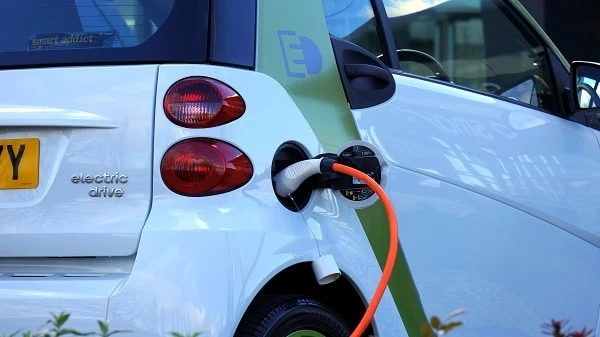For some time, the UK government has been pleading with motorists to consider making the switch to electric cars. Superior in terms of safety, energy-efficiency and eco-friendliness, EVs are set to eventually replace combustion engine vehicles outright.
All well and good, but EVs are also significantly more expensive than their conventional counterparts. The market for quality used EVs is comparatively small, and most everyday households simply cannot afford to make the switch, unless they make use of the car finance packages that are available!
But there may be light at the end of the tunnel - even as the government withdraws most of its mediocre incentives. EV prices have fallen modestly over the past few years, though are set to plummet to all-time lows within the next decade or so.
In fact, analysts believe that everyday EVs will reach price parity with equivalent petrol or diesel cars by as early as 2025.
Electric Cars Are Becoming Cheaper to Make
The main driver behind plummeting EV prices is the rapid expansion and advancement of the EV manufacturing sector.
Commercially available EVs are still relatively new to the scene, and have been considered a fairly niche concept since their introduction. As interest in EVs grows in key markets worldwide, more manufacturers are setting their sights on new-generated EV development on a much larger scale.
Eventually, EVs will be produced using the same mass-production methods as their petrol and diesel counterparts. At which point, it will cost no more to produce an EV than an equivalent combustion engine car, meaning that the subsequent purchase price for the driver will be similar to that of a regular car.
What is more, manufacturers are increasingly setting their sights on ultra-affordable EVs for everyday households and buyers on a budget. It is already possible to pick up some high-quality EVs for less than £15,000 - one Chinese EV company is working on a compact car that will sell for less than £7,000 brand new.
Concerns Over Running Costs
Understandably, many motorists considering upgrading to an EV have concerns regarding potential maintenance and upkeep costs. Not to mention, simply keeping an EV on the road in the face of skyrocketing energy prices.
Even so, experts at New Automotive, an independent research group, suggest that the average motorist could save around £700 per year by switching to an EV.
The more electric vehicles there are on UK roads, the cheaper it will become to repair and maintain them. Electricity will always be much cheaper to produce and purchase than petrol, and will therefore contribute to lower running costs - even when energy prices are comparatively high.
In addition, the UK government continues to tout its targets to get as many petrol and diesel cars as possible off public roads over the coming decades. Further incentives may be introduced for those willing to make the switch, though the costs of EV ownership could soon mirror those of running a conventional combustion engine car


